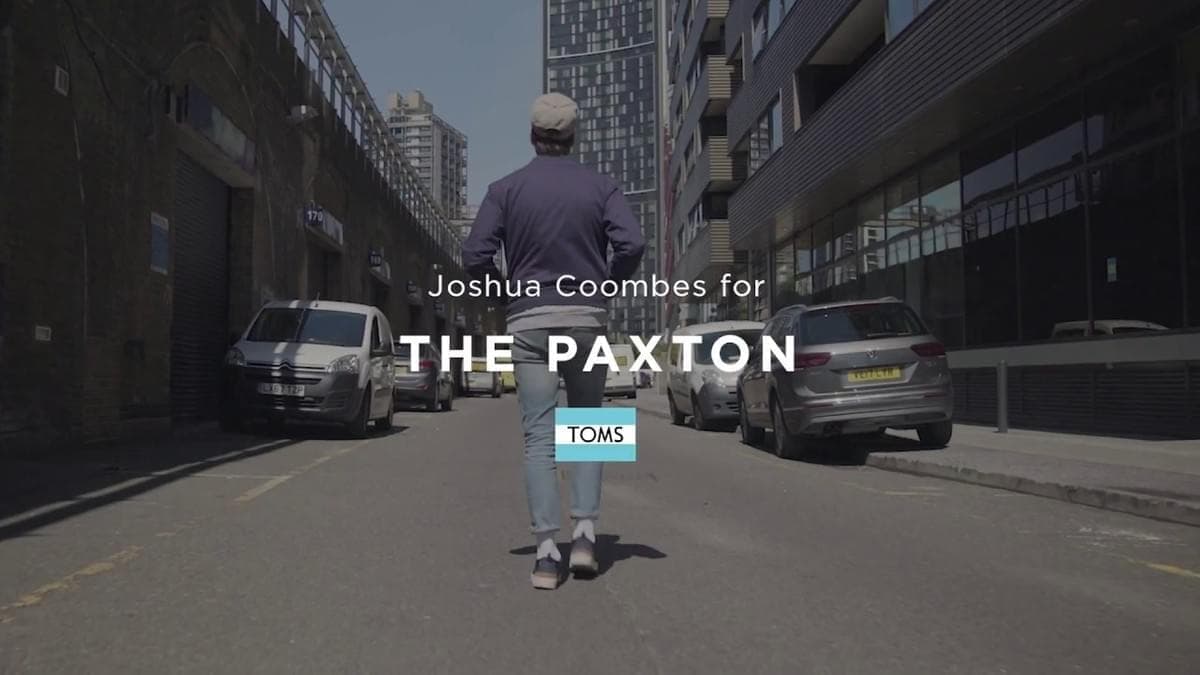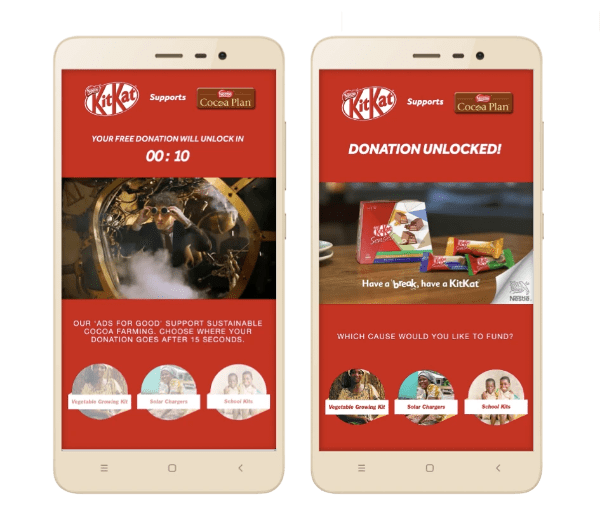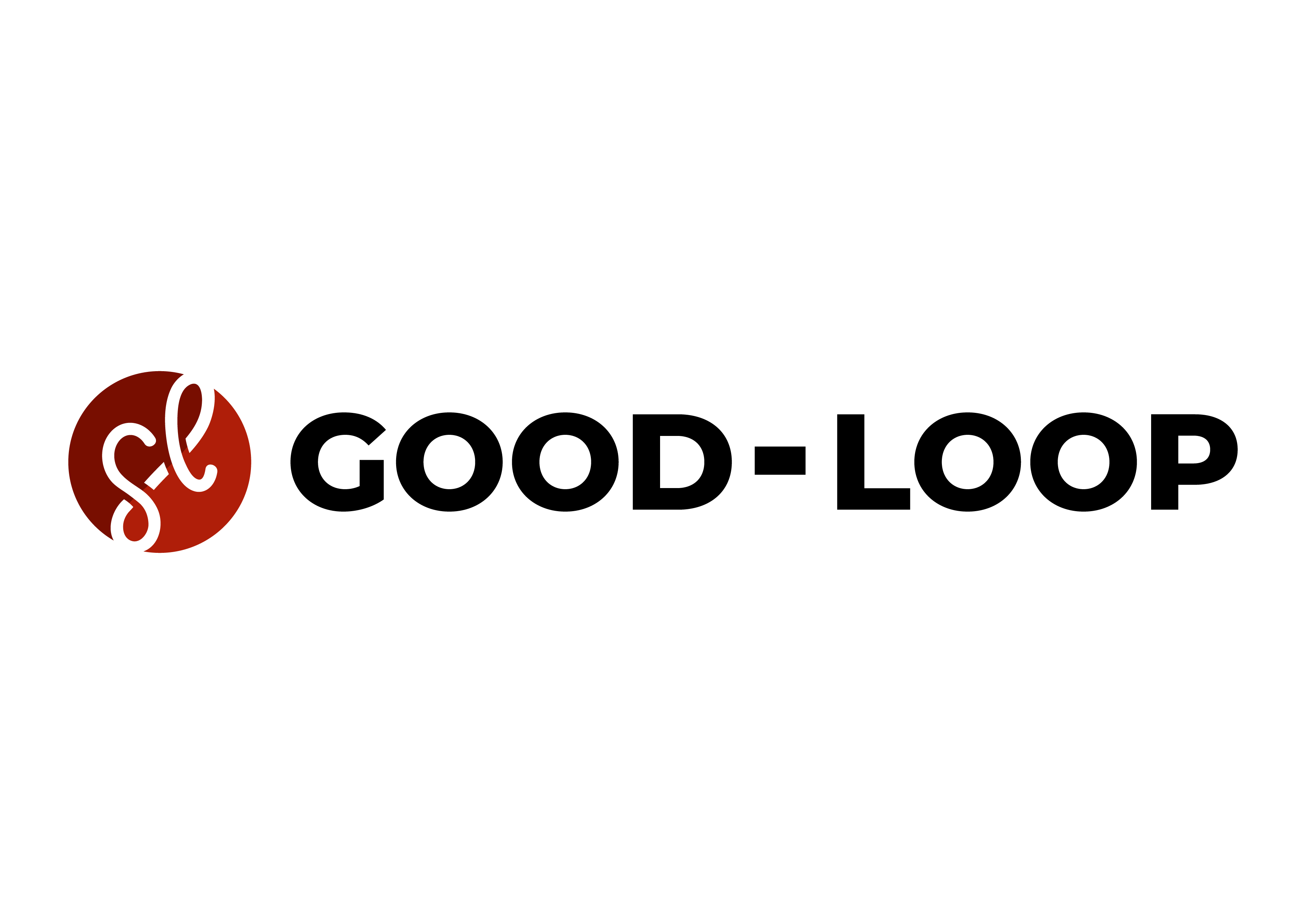From criticism of Extinction Rebellion's protest being largely brushed under the red carpet, to condemnation of the festival's choice to place Philip Morris on its 'Good' track or Unilever's Alan Jope's warning about the dangers of woke-washing; Cannes 2019 was for me the year people really started to really think twice about Purpose-inspired marketing.
But it's all good.
As with every meaningful paradigm shift, this new hesitation is but one step on the path to a much brighter place - one where Purpose related fluff and guff is thankfully assigned to the annals of history, and only the most genuine examples of brands 'doing the right thing' are celebrated and rewarded.
Several of us from Good-Loop were at Cannes this year, and between us participated in / read about / listened to a LOT of purpose-themed events. From Edelman's five-step guide to building a brand with purpose, to WE's session on the sales impact of 'doing good' or TBWA and Netflix talking about brand activism, purpose was seemingly everywhere, and being talked about by everyone. Frankly, it was heartening to see so many brands, agencies and execs passionately discussing marketing with morals. This industry is full of passionate, creative people and when we put our minds to it, there's huge potential for advertising to improve the world.

But with ubiquity - let's call it full-saturation purpose - there also comes fresh exposure to criticism. And rightly so. If purpose inspired marketing isn't matching rhetoric with real action then it deserves to be called out. And it needs to change.
There's a growing body of evidence to illustrate that social values drive consumer purchase decisions, price sensitivity and brand loyalty. So, the brands who champion purpose really are doing well by doing good. But when this purpose is hollow or inauthentic, it's quickly called out and risks eroding public trust in social business as a whole. If the public can't trust purpose, they'll stop using it to drive their purchase decisions. If they stop using it to drive their purchase decisions, then 'doing good' will no longer be a competitive advantage and this uplifting trend towards valuing both purpose and profit, will be reversed.
One of the most eloquent ways I've heard the 'walk the talk' axiom put is by Lisa Hogg, senior director of marketing at TOMS. When we presented together at Ad Week Europe earlier this year on the theme of ethical marketing, Lisa stressed, "If you want to do ethical marketing…. have some balls on it." She went on to highlight the example of Nike's Kaepernick campaign, commending Nike for raising social consciousness, but also asking where was their tangible support for the Black Lives Matter movement. It's a fair, and important, question.

Another equally fair question, at least from the brand marketing side, is about sales results. For me, the holy grail of purpose-led marketing is demonstrable social good + brand reputation uplift + sales increase. As we always say at Good-Loop, we're not in the business of doing good purely for the sake of doing good. We are proudly one of a new breed of Zebra companies: openly both black and white - for profit and for purpose at the same time. Part of that stated intention means that inevitably we have to be able to prove that our approach to ethical advertising is a win-win that moves the needle on important metrics such as engagement, recall and brand uplift.
A nice example of this 'zebra' approach to purpose marketing is a campaign we ran recently with KitKat where every time someone chose to engage with their advert, a donation was unlocked to fund sustainable cocoa farming initiatives. The campaign drove an uplift in brand perception and purchase intent, whilst raising tens of thousands in funding for cocoa farming communities. KitKat literally walked the talk by coupling their brand purpose with meaningful action and impact.

Ultimately, purpose isn't gaining popularity because it makes us feel warm and fuzzy inside. It's popular because it's increasingly profitable which means that consumers are the driving force, and preserving their trust is crucial. So I welcome the scrutiny, the cynics and the higher standards - it means that purpose is growing up and we can finally move from talking about impact, to actually making some.

